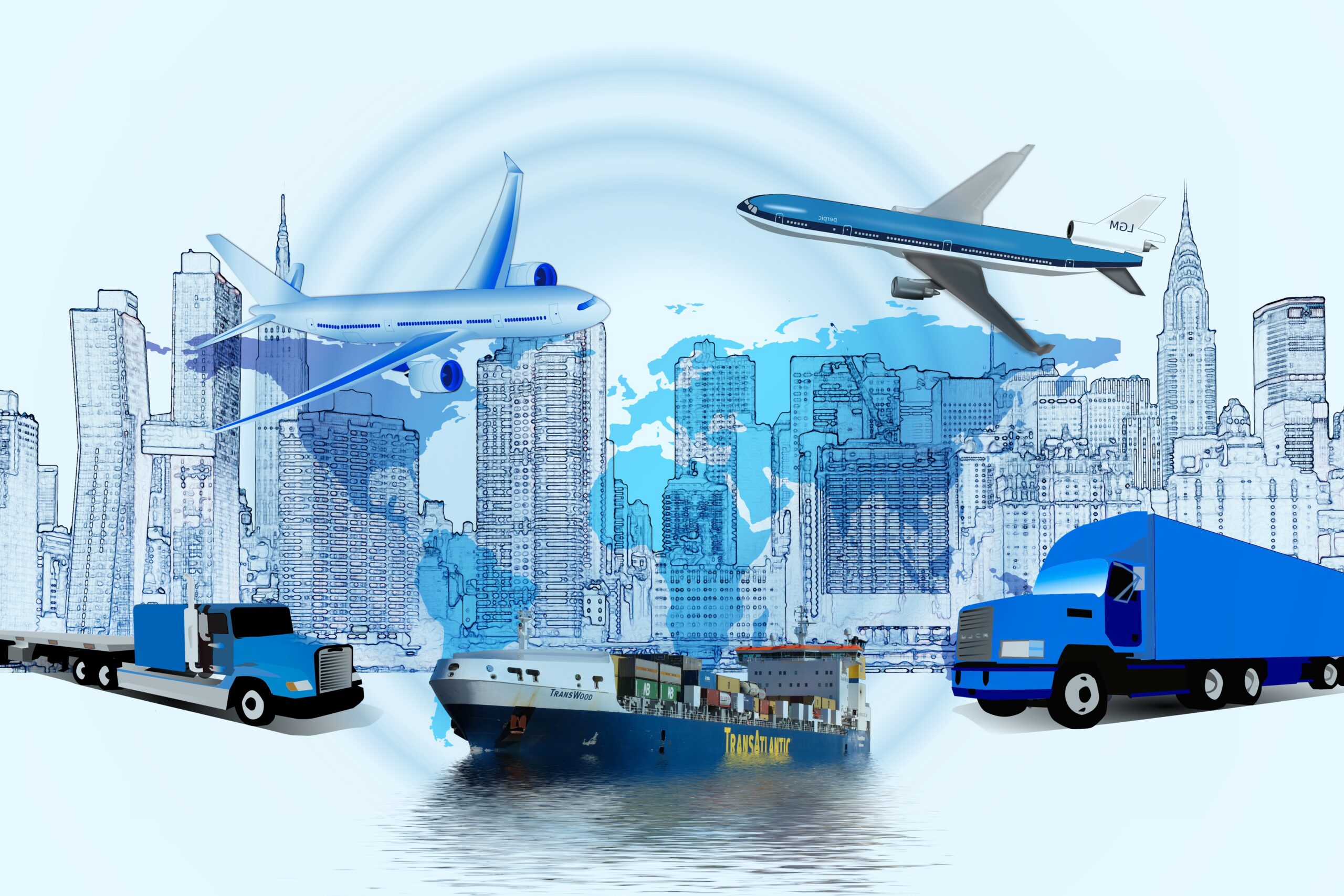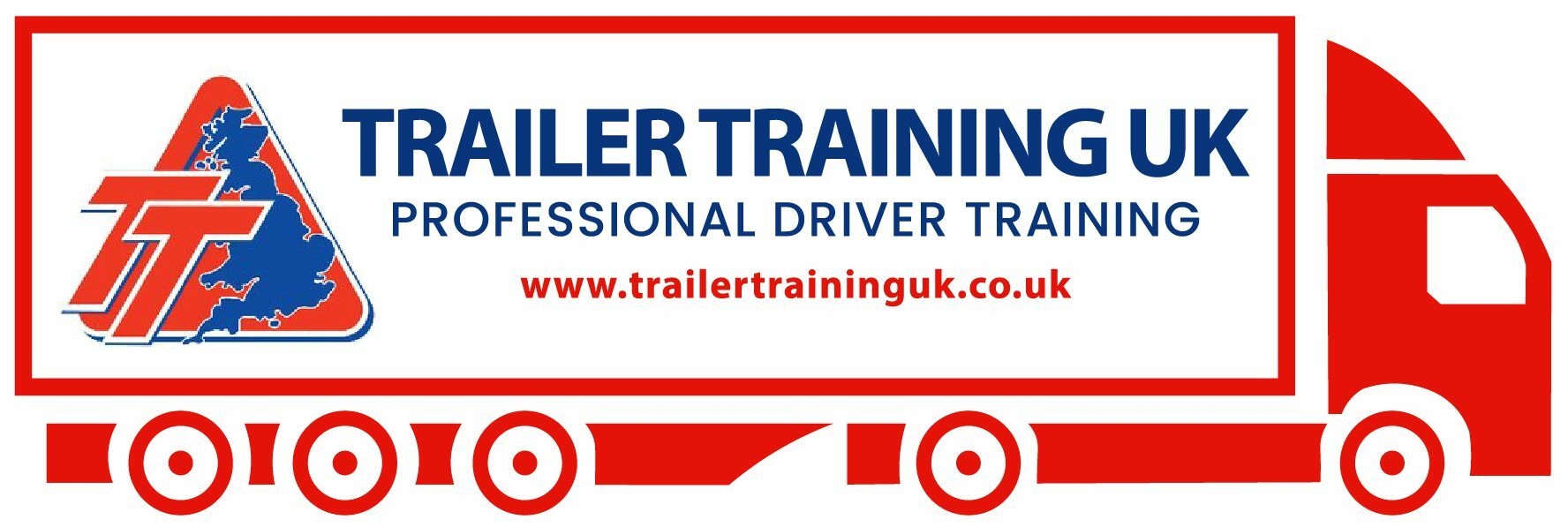You can define logistics as “the planning, implementation, and coordination of the details of a business or other operation”. Coined in the 1800s, the term “logistics” derives from the French word “logistique” or “loger”, which translates to storage.
Logistics handles the movements of products, materials or goods from one destination, to another. This highlights how logistics helps handle the continuous and efficient flow of goods and/or services.
It can be argued that logistics is a complex part of supply management. This is due to the multiple natures logistics takes its form in. This also includes the many types of goods or services that are utilised, transported and stored. From raw materials, to mail deliveries and finished goods, the logistics sector handles all types of cargo.
History of Logistics
The earliest time that can consider logistics being used effectively is in the 13th century with the Mongols. They developed specific supply networks and systems which allowed their armies’ mobility to be maintained. The Mongols would also use carts and wagons to carry larger items. They would also utilise other animals, such as camels, horses and oxen to help transport supplies across longer distances. It is considered that “the Mongols also had a highly efficient system for distributing supplies and maintaining their armies’ equipment.”
Although there is a vast history of logistics, the pinnacle point was the development of combustion engines, also known as the industrial revolution in the 19th century. This age brought us steam engines, which powered railroads and ships.
After this period where combustion engines were utilised in everyday life, the 1st and 2nd world war pushed the expansion of motor vehicles and communications. This development helped shift the use of the industry to what we all know today.
Alas, the development of technology helped advance the quality of logistics. Thus, revolutionising the sector once again. Internet Technology has helped improve data management for businesses. Also, speeding up purchases. This advancement into technology also means tracking is readily available for both businesses and consumers. You, as a consumer, can now watch someone transport and deliver your goods in near real-time.
These points in time really reinforce the dependency the nation have regarding transporting goods and the logistics sector.

Logistic types- Inbound & Outbound
There are two sectors logistics can be split up in: Inbound and Outbound.
Inbound
This relates to distributing and transporting goods to suppliers. In this instance, raw materials are typically distributed, and may be transported in bulk to a supplier. This is where they will then distribute the product to the end user (also known as consumer).
There are different types of transport involved in logistics. The main/common 4 types of transport are:
- Rail
- Road
- Aviation
- Sea
Outbound
Outbound Logistics focuses on supply demand for the end user of the goods. This means that the sector will be transporting the completed/finished product, to which the consumer will receive this. Essentially, outbound is a delivery.

The Role of the Logistics Sector
Over the years, it has become apparent that the nation is relying more on the transport and storage sector. The Office of National Statistics show how there has been an 88% increase in transport and storage business premises from 2011 to 2021. The increased shift to online retail sales is one of the reasons the logistics sector has grown. There has since been a 38% peak in January 2021. This followed up with a market size of approximately $478.3 billion in 2022.
Many more industries rely on the logistics sector to aid in them receiving and delivering goods. From e-commerce industries, to healthcare and manufacturing businesses. There has slowly been an increased demand for the use of transporting and distributing goods.
There are various aspects in the industry of logistics which require employment, or, additional roles other than transportation and distribution.
- Warehousing and Storage
- Inventory Management
- Order fulfilment
- Demand Forecasting
- International Shipping
- Fleet management
These additional roles in the sector also require additional and varied types of skills and experience.
| Types of roles in logistics | |
| HGV Driver | Class 1 | Class 2 | C1 7.5 Tonne | D1 PCV Minibus |
| Forklift Operator | Counterbalance | Moffett | Pivot Steer | Reach | Bendi |
| Elevated Platforms | IPAF | PASMA |
| Rough Terrain Operator | J1 | J2 | J3 |
| Lorry Loading Operator | Slinger Signaller | Hook, Brick Grab & Clamshell Attachments |
| Transporting Dangerous Goods | ADR | Dangerous Goods Safety Advisor |
Advantage of Logistics
Saving money and increased customer satisfaction
Success in logistics means increased efficiency, lesser costs and higher production rates. When a business is maximising their warehouse space, and optimising traveling times, this increases customer satisfaction.
Promotion Potential
When you are working in the logistics industry, you are going to build your skills and increase your abilities. When doing this, it gives you more potential to work through the ranks. You could then be managing fleets, running a warehouse, or helping with quality assurance before distributing.
Improved Risk Management
Many businesses always involve hazards and risks that you could endure. Logistic industries are typically good at consistently updating their risk management processes. Since this sector can handle various types of goods, there will be many different procedures in place. This will make the workplace safer and more prepared in the instance of an incident occurring.
Of course, pending on where you are working, you may also have the potential to gain additional training as an operator instructor, which means that you can save money by training staff in house.
Challenges in Logistics
Although this sector is booming more over the coming years, there are still some pain points that are apparent.
Rising transportation costs
As there is a higher demand for ecommerce, there is a higher demand for delivering these goods. This means that more longer trips will be completed. According to Logistics UK, 71% of UK logistic businesses reported an increase in the cost of transporting goods during the first quarter of 2022.
This can be hard to tackle in relation to the ongoing costs of petroleum/diesel, as well as trying to compete with wages for employees. These ongoing issues hinder savings for logistic businesses in the UK.
Environmental concerns and sustainability
Due to the current net zero initiatives set in the UK (as of September 2023) there is a worry that the logistics sector (primarily the transportation) will not be able to keep up with the ongoing changes, which include the transition to alternatively fuelled vehicles. There has been a concern regarding air pollution, as well as “…a threat to water supplies around the world.”
Although there is continuous developments in modern day technology, the idea of transporting goods in vehicles that are run off electricity does not seem at all currently possible for larger vehicles.
Supply chain disruptions
As the COVID-19 pandemic has shown, when there is a disruption or higher demand, this can truly hinder the process and speed of how goods can be distributed. With the pandemic and the Ukraine war in recent times, this has impacted the amount of revenue in the UK economy.
Logistics plays a pivotal role in ensuring the efficient and cost-effective movement of goods and services within supply chains. Involving a wide range of activities and technologies, it continues to evolve in response to changes in consumer behaviour, technology, and global economic dynamics.
We are far away from the first-time logistics played a role in society. We have swapped out horses and camels for state-of-the-art vehicles which can regulate temperatures. However, where will the future of logistics take us? Now that Artificial Intelligence (AI) is building and being implemented in industries, when will there be a need to use AI in logistics?
A Career in the Logistics Sector
A career in logistics is often overlooked. Yet, it is a field that is integral to the global economy. The logistics industry is a dynamic and fast-growing sector that offers a wide range of job opportunities. It is an industry that is constantly evolving. Continuously offering exciting challenges and rewarding career paths. You should consider why logistics is a fulfilling career choice. More importantly, why you should look at upskilling and working in the logistics industry.
Indeed have a supporting article, “11 Logistics career skills for effective supply chain management”. This highlights the key factors needed for supply management in the logistics sector. A handy tool for those who are looking to progress, this article reinforces the skills that are needed, including:
- Analytical Skills
- Attention to Detail
- Adaptability
These are only a few examples, but the most important skill is most definitely industry knowledge.
A career in logistics is rewarding, offers numerous opportunities for personal and professional growth, and gives you a new look on everyday life. It is a career that is challenging, exciting, and integral to the success of businesses and the economy as a whole.
If you are looking for a dynamic and fast-paced career with plenty of opportunities, logistics might just be the perfect fit for you. Don’t miss out on upskilling and starting a new career adventure. Working in logistics could be for you!

